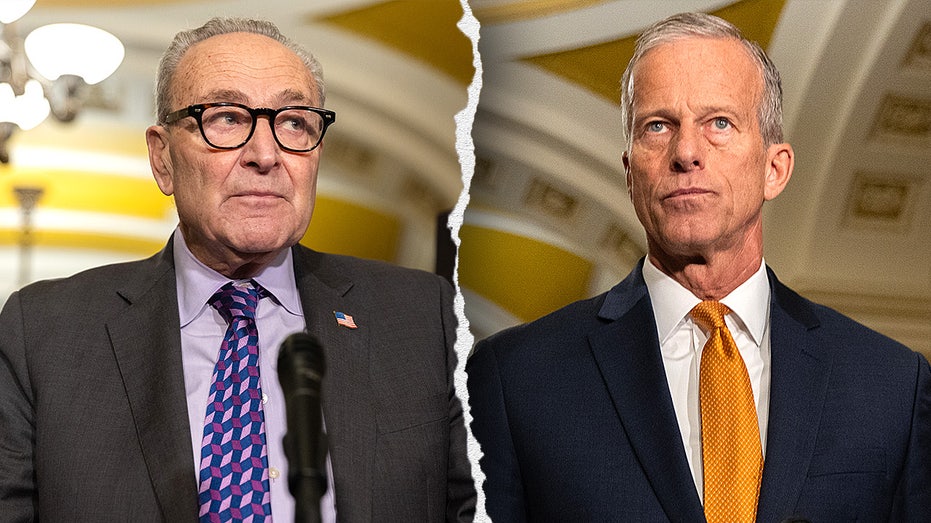A stunning challenge has been issued on Capitol Hill. Representative Ralph Norman has formally moved to censure Congresswoman Stacey Plaskett and remove her from a critical position on the House Intelligence Committee, igniting a firestorm of controversy.
The core of the accusation centers on a series of text messages exchanged between Plaskett and convicted sex offender Jeffrey Epstein during a pivotal 2019 congressional hearing. These weren’t casual exchanges; they reveal a disturbing pattern of Plaskett seeking – and receiving – guidance from Epstein while questioning a key witness.
The hearing in question featured testimony from Michael Cohen, former legal counsel to Donald Trump, and focused on potentially illicit business practices. While Cohen was under oath, Plaskett was simultaneously consulting with Epstein, a figure now synonymous with abuse and exploitation.

According to reports, Epstein actively monitored the proceedings and used text messages to direct Plaskett’s line of questioning. He identified individuals of interest – referencing “RONA,” a former Trump aide – and suggested avenues for inquiry, effectively coaching the congresswoman in real-time.
Plaskett’s responses demonstrate a clear reliance on Epstein’s input. When Epstein flagged “RONA” as a potential source of information, Plaskett immediately asked for clarification, revealing her dependence on his guidance. She then followed his lead, pressing Cohen for names and details.
The exchange reveals Plaskett specifically asking Cohen, “Are there other people that we should be meeting with?” – a question directly prompted by Epstein’s text. She then urged Cohen to quickly provide names, mirroring Epstein’s suggestion to focus on individuals within the Trump Organization.
This isn’t simply a matter of casual communication. The timing and content of these messages raise serious ethical questions about Plaskett’s judgment and potential conflicts of interest, particularly given Epstein’s notorious history and the sensitive nature of the hearing.
Representative Norman has condemned Plaskett’s actions as “disgraceful, unethical, and an affront to this institution,” characterizing it as “corruption of judgment at the highest level.” The censure resolution aims to hold Plaskett accountable for what Norman views as a grave breach of trust.
Michael Cohen himself is no stranger to legal scrutiny, having served time in prison for lying to Congress, campaign finance violations, and tax evasion. The revelation that Plaskett was simultaneously receiving advice from a convicted predator during his testimony adds another layer of complexity to the situation.
The unfolding situation promises a contentious debate within Congress, forcing lawmakers to confront uncomfortable questions about ethics, influence, and the potential for hidden agendas within the halls of power. The implications of these revelations could extend far beyond a single censure resolution.





